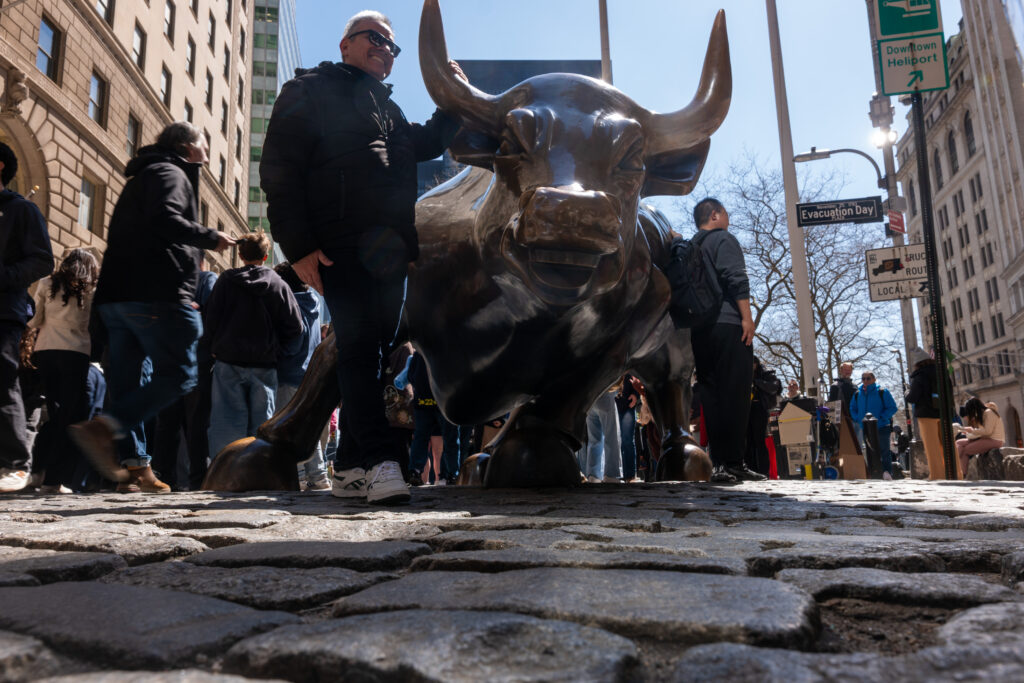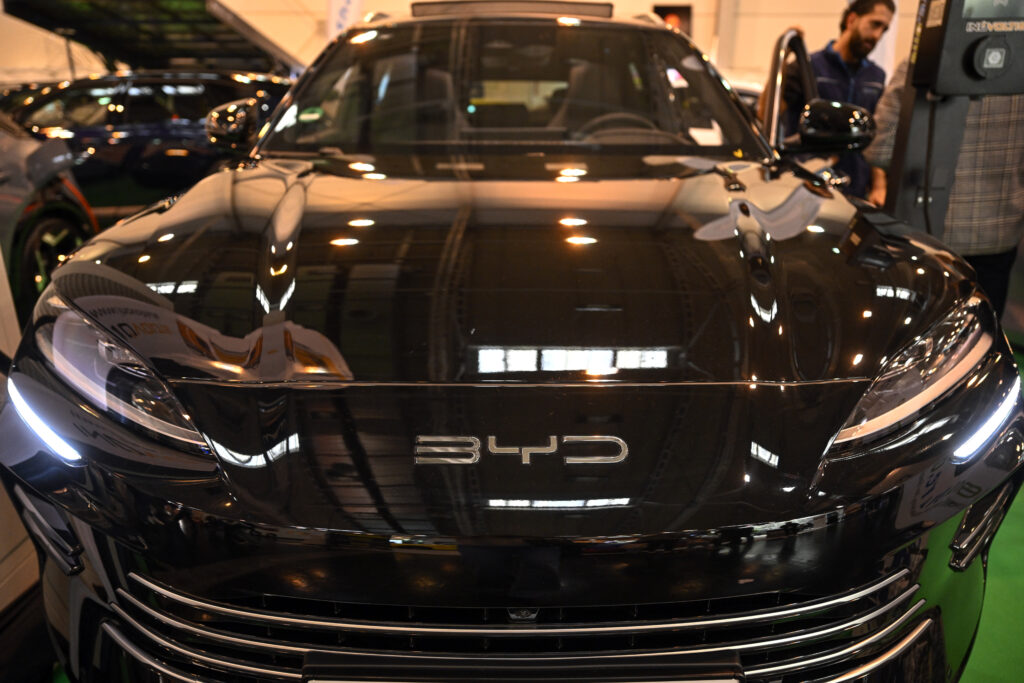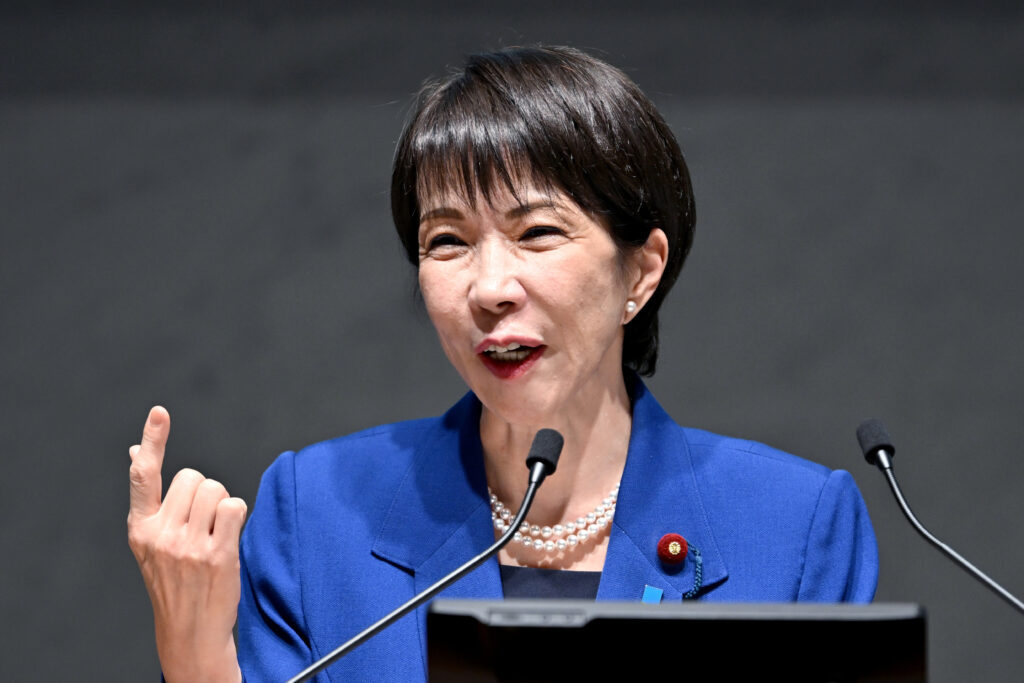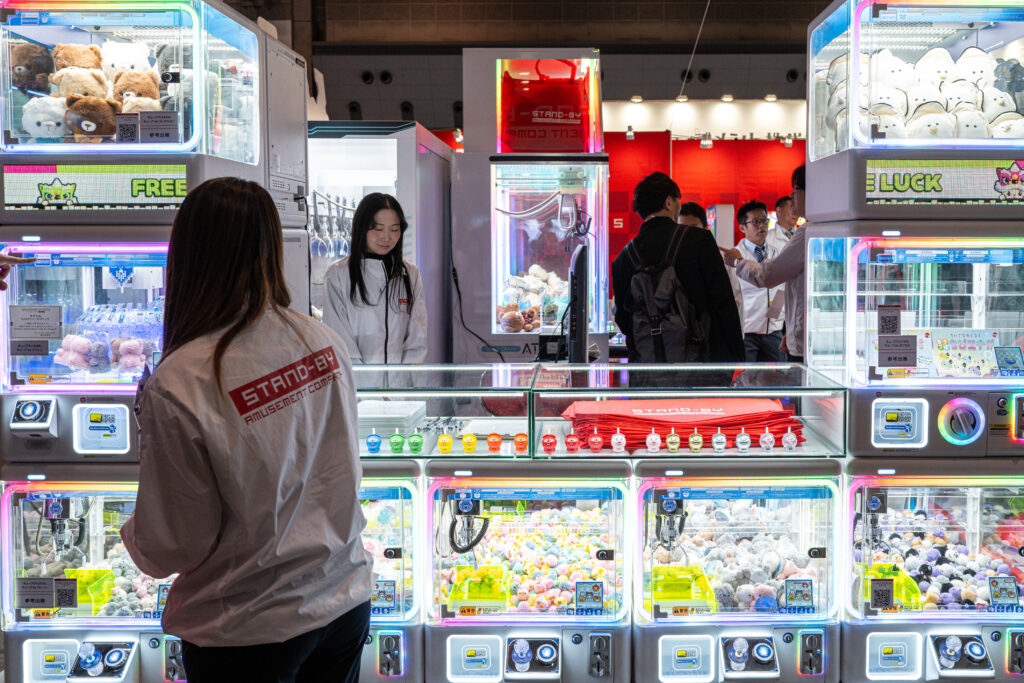Stocks mostly rise, precious metals slip in quiet Asian trade
Asian equities mostly rose Monday in quiet post-Christmas trading as investors look ahead to the release of minutes from the Federal Reserve’s policy meeting this month, while precious metals retreated from record highs.Markets looked set to end the last few days of the year on a positive note, helped by hopes for more US interest rate cuts and optimism that the tech-led rally still has more legs.While the US central bank lowered borrowing costs earlier in December as expected, it also indicated it could stand pat when decision-makers gather again at the end of next month, with two voting against any move and one calling for a bigger reduction.The minutes from the meeting are due to be released on Tuesday and traders will be poring over their contents for any indication about its plans for 2026.The prospect of cuts has helped push world markets ever higher this year, offsetting niggling worries about stretched valuations in the tech sector.In early trade Monday, shares in Hong Kong, Shanghai, Seoul, Singapore, Taipei and Manila rose while those in Tokyo, Sydney and Wellington retreated.On commodities markets, gold and silver slipped after hitting new records in recent days.The precious metals have also enjoyed strong buying, with gold and silver both hitting record highs on expectations for more rate cuts, which makes them more desirable to investors.Their status as a safe haven asset in times of turmoil has also added to their allure amid geopolitical upheaval with US strikes in Nigeria and a blockade of Venezuelan oil tankers.On Monday gold was sitting around $4,500, having peaked a whisker shy of $4,550 on Friday, while silver slipped to $77.50 after touching a record $80.The white metal has also seen a sharp run-up in recent weeks owing to surging demand and tight supply.”We are witnessing a generational bubble playing out in silver,” wrote Tony Sycamore at IG.”Relentless industrial demand from solar panels, EVs, AI data centres and electronics, pushing against depleting inventories, has driven physical premiums to extremes.”Oil prices rose, having sunk more than two percent Friday as investors eyed the weekend meeting between US President Donald Trump and Ukrainian counterpart Volodymyr Zelensky on peace proposals.Trump said Sunday a deal was closer than ever to end Russia’s invasion of Ukraine but reported no apparent breakthrough on the issue of territory.The US president said it would become clear within weeks whether it was possible to end the nearly four-year-long war that has killed tens of thousands.- Key figures at around 0230 GMT – Tokyo – Nikkei 225: DOWN 0.3 percent at 50,550.17 (break) Hong Kong – Hang Seng Index: UP 0.8 percent at 26,016.01Shanghai – Composite: UP 0.3 percent at 3,973.45Dollar/yen: DOWN at 156.31 yen from 156.50 yen on FridayEuro/dollar: UP at $1.1784 from $1.1776Pound/dollar: UP at $1.3509 from $1.3501Euro/pound: UP at 87.23 pence from 87.21 pence West Texas Intermediate: UP 0.7 percent at $57.14 per barrelBrent North Sea Crude: UP 0.7 percent at $61.09 per barrelNew York – Dow: FLAT at 48,710.97 (close)






